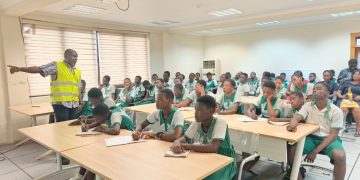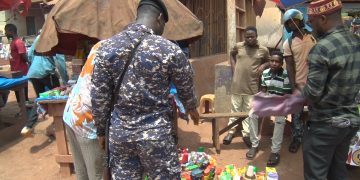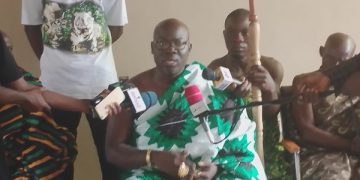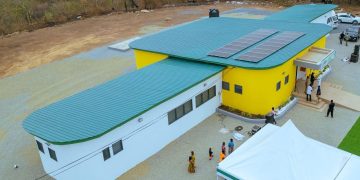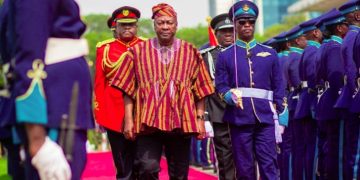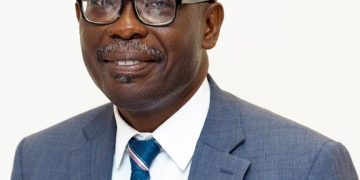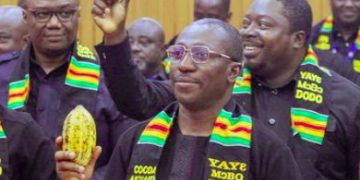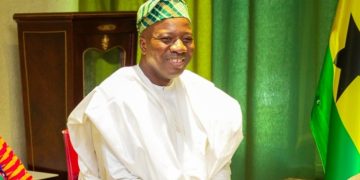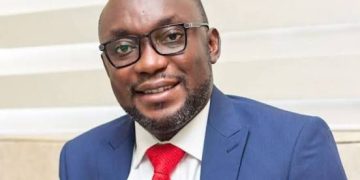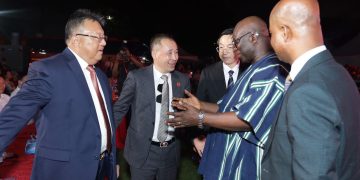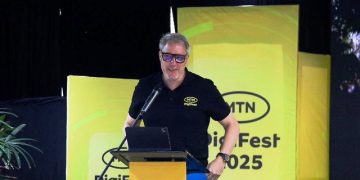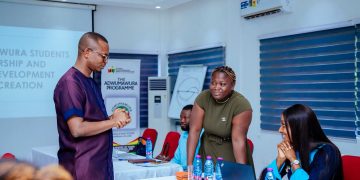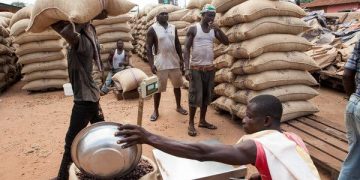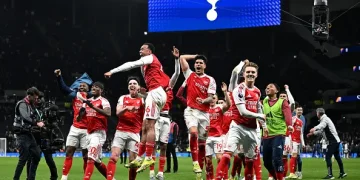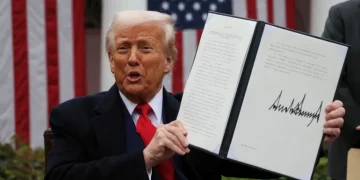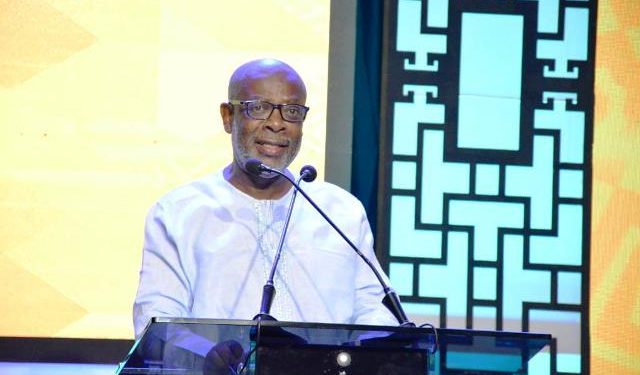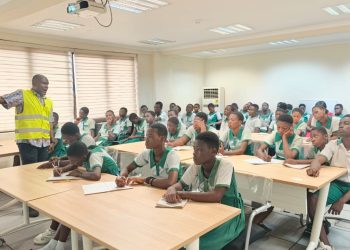Professor Franklyn Manu, Board Chairman of MTN Ghana Foundation, has shared insights into the Foundation’s work and the challenges of corporate social responsibility in Ghana, emphasizing the importance of passion, dedicated teams, and sustainable impact.
Speaking during MTN Ghana’s Bright Conversations series at the company’s corporate office in Accra, Prof. Manu described the Foundation as driven by a “dedicated team” that executes its work across the country.
“The challenges are immense. All over Ghana, we’re making an impact,” he said.
Prof. Manu recalled how his journey with the Foundation began in 2007. “Someone called from MTN. That was the late foreigner who said, ‘We want you to be the chairman of the foundation we are setting up.’ I said, ‘What foundation?’ They said, ‘CSR. You know you’re into CSR. Somebody recommended you.’ I told them, ‘Don’t be too serious about it because I don’t have money. The only thing I have is my goodwill. I don’t want to be associated with something else.’ That’s how it all started—and that’s it. From 2007 until now, it has been on.”
When asked what keeps him motivated after more than a decade, Prof. Manu highlighted the Foundation’s commitment and resources. “Inner drive. I believe in what we’re doing. When you look at the scope of the problems in Ghana, you get this attitude—so you need something that motivates you,” he explained.
He stressed the value of passion in sustaining work, noting, “You have to be excited about what you’re doing. You must have a passion for it—otherwise, nothing works.”
Prof. Manu pointed to the Foundation’s three core focus areas: education, health, and economic empowerment. “We’ve built schools, libraries, and ICT centers, funded scholarships for thousands of students, constructed hospital wards, provided medical equipment, and supported economic empowerment initiatives for women and youth,” he said.
He encouraged potential collaborators to align proposals with these pillars, saying, “If your proposal falls within these, you have a good chance of getting support.”
The conversation also addressed Ghana’s national development challenges. Prof. Manu described youth unemployment as a “time bomb” and the greatest obstacle to economic empowerment.
“Youth unemployment is the biggest issue. So, all these things we talk about—health and education—we must factor in: will it create jobs for the youth?” he said, noting that mindset, lack of funding, and leadership focus on foreign investment hinder local enterprise growth.
He called for youth to embrace discipline and hard work early in life. “The youth must develop the mindset that there are no shortcuts. Many young people think they can make it quickly. They see someone successful and assume it happened overnight. Too many have a short-term mindset. They want the good things in life but aren’t willing to work hard.”
On technology and sustainability, Prof. Manu said MTN Foundation is increasingly leveraging skills training and technology-based projects.
“If you look at all the private and public universities, the most popular course offering is business. When it comes to government equipment, there’s a lot of detailing, but we need to focus on people who can be trained to think and solve these technology challenges. That’s a major gap we have to address,” he explained.
He emphasized community involvement as key to lasting impact. “When communities are involved and interested, projects are more likely to thrive,” he said.
Despite challenges, Prof. Manu said MTN Ghana Foundation remains committed to making a difference across Ghana.
“Economic empowerment has been the toughest pillar,” he noted, reflecting on both successes and failures. “These are lessons that show sustainability and impact cannot be separated—they are integrated. Despite the challenges, MTN Foundation keeps pushing forward to make a difference.”
The Bright Conversations series is an MTN Ghana initiative to share insights on company operations, social impact, and corporate responsibility, bringing together journalists, staff, and management to engage in meaningful dialogue.
Source: www.KumasiMail.Com/JosephZiem


